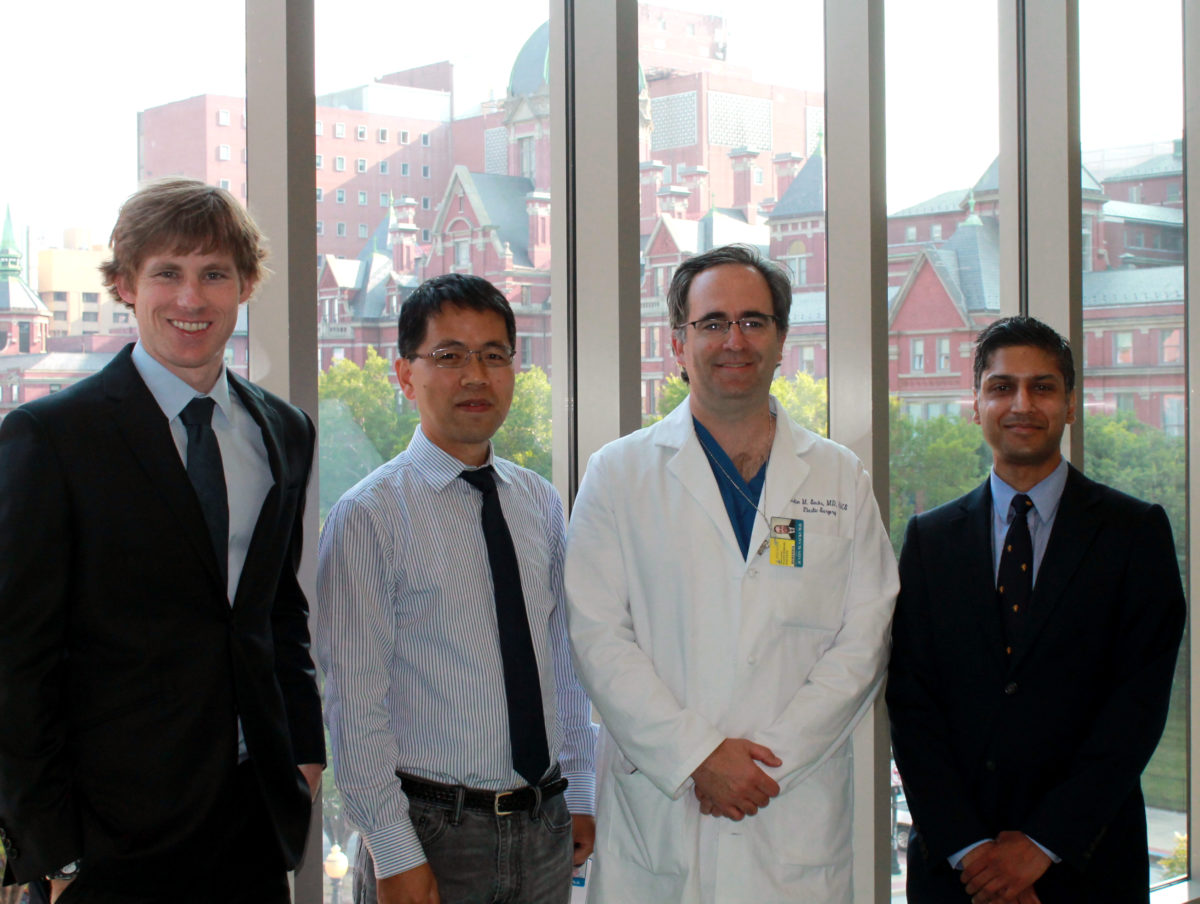Doctors can rebuild parts of the body that have been damaged, but they need soft tissue to do it.
Whether it’s facial reconstruction after trauma, a masectomy as a result of breast cancer or something more cosmetic like stopping wrinkles, the person who needs the procedure is typically the one to provide the tissue.
In such procedures, doctors take soft tissue from another part of the body, and reattach it. That involves surgery, with the costs attached and potential risks.
At Johns Hopkins Hospital, a team of scientists and surgeons are working on a way for the tissue to come off the shelf, instead of from the human body. LifeSprout is commercializing a synthetic material developed by the company’s cofounders that’s a fusion of hydrogel and polyester nanofibers.
https://www.youtube.com/watch?v=-sQ71MxJozg
Instead of requiring surgery, the material could be injected or implanted, said Sashank Reddy, who cofounded the company with Hai-Quan Mao, Justin Sacks and Russell Martin.
The material provides space for the body to regenerate its own tissue over time. It’s stiff enough to take up space like human tissue, but also has an “open and porous structure that enables cells and blood vessels to grow in,” Reddy said.
With its five employees working out of FastForward East, the company is looking to move toward trials after a year gathering IP and making plans for a suite of products. LifeSprout also received nearly $1 million in funding and grants from Johns Hopkins Tech Ventures, TEDCO and the Abell Foundation. Earlier this month, the startup won the $10,000 pitch competition at a big tech transfer conference.
Reddy said they chose the materials because they were used safely in the past, but clinical trials are still necessary. The company is looking to raise a Series A to fund a human trial that would begin next year.
This Johns Hopkins startup has a new way to regrow soft tissue







